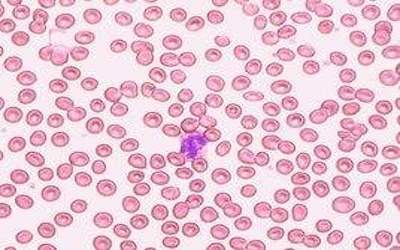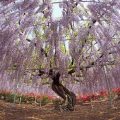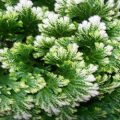PTE考生目前最大的问题之一就是练习题缺乏。除了有限的基本官方书(PLUS,Testbuilder, OG)之外就没有题了。很多英语基础不是很扎实的同学很难找到练习材料。悉尼文波雅思PTE培训学校专门为澳洲,尤其是悉尼、墨尔本的PTE考生准备了适合PTE听力阅读练习的科学60秒。各位PTE同学可以练习PTE听力中的summarise spoken text和PTE口语中的retell lecture,PTE听力口语-科学60秒-Frosty Moss练习记笔记技巧和复述。废话少说,下面开始:
听力内容:
60秒科学节目(SSS)是科学美国人网站的一套广播栏目,英文名称:Scientific American – 60 Second Science,节目内容以科学报道为主,节目仅一分钟的时间,主要对当今的科学技术新发展作以简明、通俗的介绍,对于科学的发展如何影响人们的生活环境、健康状况及科学技术,提供了大量简明易懂的阐释。
This is Scientific American — 60-Second Science. I’m Christopher Intagliata.
Head up to the mountains, and if the steep trails don’t slow you down, the thin air will. There’s less oxygen up there—so strenuous activity can leave you dizzy, out of breath…or worse. But even though you’re beat, biochemical processes are already busy at work, acclimating your body.
Scientists investigated those pathways in humans and mice. They found that exposure to low oxygen depletes stores of a red-blood-cell protein called eENT1. That’s a good thing. Because now other substances that protect your body against low oxygen are free to rapidly accumulate and help the body adapt.
But here’s the kicker—once the eENT1 protein goes away, it doesn’t come back. Meaning red blood cells kind of ‘remember’ their altitude exposure. And that means if you hit the mountains again soon enough, you can acclimate faster than you did the first time. The findings are in the journal Nature Communications.
There is one caveat though. “The red blood cell lifespan is 120 days.” Study author Yang Xia, a biochemist with the UT Health Science Center in Houston. “So the longer you stay at sea level before you re-climb to high altitude, then such memory will gradually disappear.” So unless you’re a frequent mountain climber—there’s really no shortcut to acclimatization. Then again, there’s no shortcut to the summit, either.
Thanks for listening for Scientific American — 60-Second Science Science. I’m Christopher Intagliata.
墨尔本悉尼文波PTE原创首发
更多精彩请持续关注微信wenbo_tv3。





